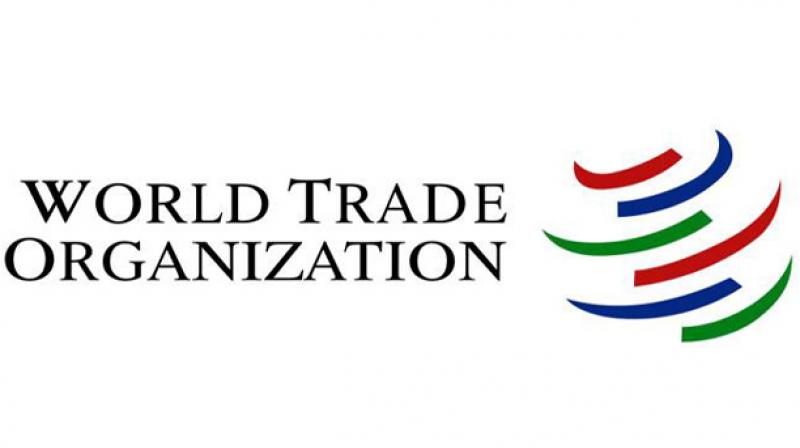Export subsidy case in WTO: India, US to hold consultations
Export incentives were harming American companies.

New Delhi: India and the US will hold bilateral consultations on April 11 in Geneva to deliberate upon the case filed by the Trump administration in the WTO, alleging that export incentives were harming American companies, an official said.
The consultations would be held under the aegis of World Trade Organization's (WTO) dispute settlement mechanism. Special secretary level officer from the commerce ministry will lead the team.
The US is expected to seek more details about the export incentives by India, the government official said.
Last month, the US has dragged India to the WTO's dispute settlement mechanism over export subsidies, saying that these incentives were harming American companies.
America has challenged India's export subsidy programmes such as Merchandise Exports from India Scheme in the WTO, asserting that these initiatives harm its companies by creating an uneven playing field.
They had sought consultations with India under the aegis of the global trade body's dispute settlement mechanism. Seeking consultation under the aegis of the WTO is the first step of dispute settlement process.
If the two nations are not able to reach a mutually agreed solution through consultation, the US may request for a WTO dispute settlement panel to review the matter.
The US in its statement said that thousands of Indian companies are receiving benefits totalling over USD 7 billion annually under various export promotion programmes.
Export subsidy programmes: the Merchandise Exports from India Scheme; Export Oriented Units Scheme and sector specific schemes, including Electronics Hardware Technology Parks Scheme; SEZ; Export Promotion Capital Goods Scheme; and duty free imports have been challenged by US Trade Representative (USTR) Robert Lighthizer.
These export subsidy programmes harm American workers by creating an uneven playing field on which they must compete, the USTR had said. According to another government official, the US has dragged India under Article 27 of WTO's Agreement on Subsidies and Countervailing Measures, which also provides for special and differential treatment to developing countries.
At the time the agreement came into force, developing countries with over USD 1,000 per capita gross national income (GNI) were provided a period of eight years to bring down their export subsidies.
India has stated that the WTO informed the country only in 2017 that it has crossed this threshold and hence should get the eight-year period from 2017 to cut its exports subsidies.
India has also submitted a paper in WTO in 2011 seeking clarification with regard to the year of applicability of the provision and also the extension period.
Under the pact, developing countries can seek further extension of the eight years grace period by providing cogent arguments.
India's exports to the US stood at USD 42.21 billion in 2016-17, while imports aggregated at USD 22.30 billion during the same fiscal.
